Home>Home Appliances>Kitchen Appliances>What Kind Of Water To Use In An Espresso Machine
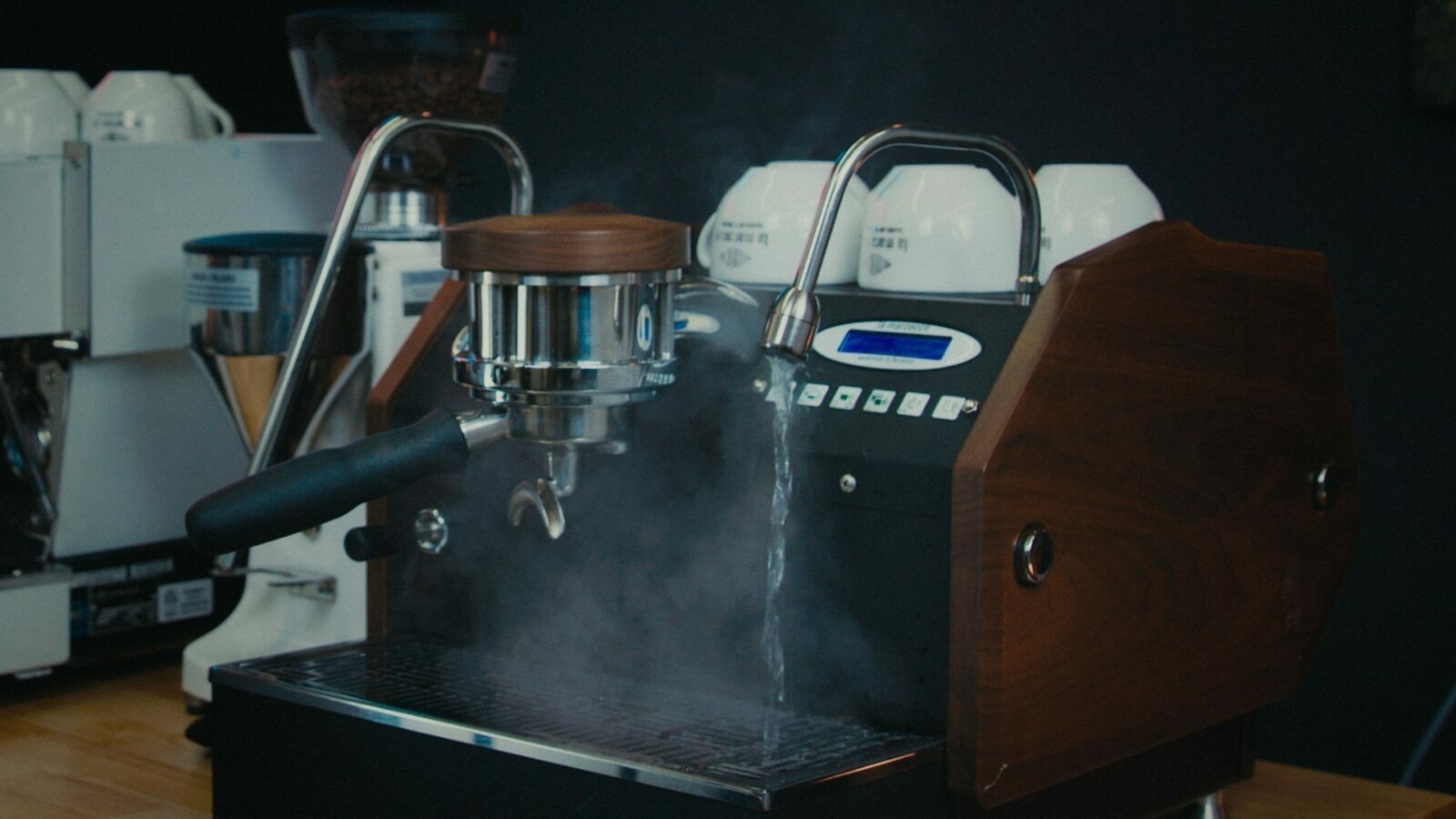

Kitchen Appliances
What Kind Of Water To Use In An Espresso Machine
Modified: August 16, 2024
Learn about the best water for your espresso machine and how it affects your coffee. Find out which type of water is ideal for kitchen appliances.
(Many of the links in this article redirect to a specific reviewed product. Your purchase of these products through affiliate links helps to generate commission for Storables.com, at no extra cost. Learn more)
Introduction
When it comes to brewing the perfect cup of espresso, the type of water you use can significantly impact the flavor and performance of your espresso machine. The quality of the water not only affects the taste of the espresso but also plays a crucial role in the maintenance and longevity of your beloved appliance.
In this comprehensive guide, we'll explore the various types of water suitable for use in an espresso machine. From distilled water to mineral water, we'll delve into the characteristics of each option, shedding light on their potential benefits and drawbacks. By the end of this journey, you'll be equipped with the knowledge to make an informed decision about the best water for your espresso machine, ensuring that every shot of espresso you brew is a delightful experience for your taste buds. So, let's dive in and uncover the secrets to achieving espresso perfection through the choice of water.
Key Takeaways:
- Choose filtered water for a balanced espresso flavor and machine protection. It removes impurities while retaining essential minerals, ensuring a reliable and consistent water source for your daily brewing needs.
- Experiment with mineral water for personalized espresso flavors. Its diverse mineral content adds complexity and depth to your brew, allowing for a unique and artisanal coffee-making experience.
Distilled Water
Distilled water is created through a process of distillation, where water is boiled, and the steam is then condensed back into a liquid. This method effectively removes impurities, minerals, and contaminants, resulting in exceptionally pure water. As a result, using distilled water in your espresso machine can help prevent mineral buildup and scale, which can affect the machine’s performance and longevity. The absence of minerals also ensures that the flavor of the espresso remains unaffected by any additional tastes or odors that may be present in tap or mineral water.
However, while distilled water offers a clean and pure base for brewing espresso, it lacks the minerals that can contribute to the overall flavor profile of the coffee. Some espresso aficionados argue that the absence of minerals in distilled water can result in a flat or dull taste in the espresso. Additionally, long-term consumption of distilled water that lacks essential minerals may not be ideal for overall health. Therefore, while distilled water can be a suitable option for occasional use in an espresso machine to prevent mineral buildup, it may not be the best choice for everyday brewing.
It’s important to note that using distilled water exclusively in an espresso machine may require additional steps to reintroduce some minerals back into the water to achieve an optimal flavor balance. This can be achieved through the use of mineral concentrates or by blending distilled water with specific ratios of mineral or spring water. Ultimately, while distilled water offers purity and protection for your espresso machine, it may require additional considerations to ensure a well-rounded espresso experience.
Filtered Water
Filtered water, often obtained through home filtration systems or pitcher filters, offers a middle ground between the purity of distilled water and the mineral content of spring or mineral water. These filtration methods are designed to remove impurities and contaminants from the water while retaining essential minerals, resulting in a balanced and clean water source for brewing espresso.
Using filtered water in your espresso machine can help improve the overall taste and aroma of the espresso by ensuring that any unwanted flavors or odors present in tap water are effectively filtered out. Additionally, the presence of minerals in filtered water can contribute to a more nuanced and flavorful espresso, as the minerals interact with the coffee grounds during the brewing process.
One of the key advantages of using filtered water is its ability to protect the espresso machine from mineral buildup and scale, similar to distilled water. By reducing the presence of impurities and minerals that can accumulate in the internal components of the machine, filtered water can help prolong the lifespan and performance of the espresso machine.
While filtered water offers a compelling balance of purity and mineral content, the effectiveness of filtration systems can vary. It’s essential to ensure that the filtration method used produces water that meets the recommended standards for brewing espresso. Regular maintenance and replacement of the filter cartridges are also crucial to uphold the quality of the filtered water.
Ultimately, using filtered water in your espresso machine can provide a reliable and consistent water source that enhances the flavor of your espresso while safeguarding the machine from potential mineral-related issues. It offers a practical compromise for those seeking a clean and balanced water option for their daily espresso brewing endeavors.
Mineral Water
Mineral water, sourced from natural springs or wells, contains a diverse range of minerals, such as calcium, magnesium, and potassium, which can influence the flavor and mouthfeel of the espresso. The presence of these minerals can contribute to a more complex and well-rounded taste profile, enhancing the overall sensory experience of the brewed espresso.
Using mineral water in an espresso machine can infuse the coffee with distinct mineral notes, adding depth and character to the flavor. The unique mineral composition of each type of mineral water can impart subtle nuances to the espresso, creating a personalized and artisanal touch to the brew.
However, while the mineral content in mineral water can enhance the flavor of the espresso, it also poses potential challenges for the espresso machine. The minerals present in the water can lead to scale buildup within the internal components of the machine over time, affecting its performance and longevity. Regular descaling and maintenance are essential when using mineral water to prevent these issues and ensure the optimal functioning of the espresso machine.
It’s important to note that not all mineral waters are created equal. The mineral composition can vary significantly depending on the water source, and certain mineral waters may contain high levels of specific minerals that can overpower the delicate flavors of the espresso. As such, selecting a mineral water with a balanced mineral profile is crucial to achieving the desired flavor harmony in the brewed espresso.
For enthusiasts seeking to explore the intricate interplay between water minerals and coffee flavors, mineral water offers an intriguing avenue for experimentation and customization. By carefully selecting mineral waters with complementary mineral profiles, espresso aficionados can fine-tune the flavor nuances of their brews, adding an element of artistry to the coffee-making process.
Use filtered or bottled water with low mineral content in your espresso machine to prevent mineral buildup and ensure the best flavor in your coffee. Avoid using distilled or soft water.
Spring Water
Spring water, derived from natural underground sources, is revered for its purity and natural mineral content. Unlike distilled water, spring water retains a balanced mineral composition, which can impart unique flavors and textures to the brewed espresso. The natural filtration process through layers of rock and soil endows spring water with a distinct taste profile, making it an appealing choice for espresso enthusiasts seeking a harmonious fusion of water and coffee flavors.
Using spring water in an espresso machine can elevate the sensory experience of the brewed espresso, as the inherent minerals interact with the coffee grounds, contributing to a nuanced and well-defined flavor profile. The subtle mineral notes present in spring water can enhance the complexity and depth of the espresso, resulting in a more captivating and enjoyable coffee-drinking experience.
Furthermore, spring water’s balanced mineral content can contribute to the overall mouthfeel and body of the espresso, adding a layer of richness and smoothness to the brew. The presence of minerals such as calcium and magnesium can influence the extraction process, affecting the texture and crema of the espresso, ultimately enhancing its visual appeal and tactile sensation.
While spring water offers a compelling combination of purity and mineral richness, it’s essential to consider the specific characteristics of the spring water being used. The mineral composition can vary based on the geological properties of the spring’s source, leading to distinct flavor profiles. Therefore, exploring different spring waters can provide an exciting opportunity to discover new dimensions of flavor and aroma in the brewed espresso.
For those passionate about the art of espresso brewing, spring water presents an alluring canvas for crafting exquisite coffee creations. Its natural purity and mineral complexity make it a captivating choice for enhancing the flavor, texture, and overall sensory delight of the espresso, elevating the coffee experience to new heights of indulgence and satisfaction.
Read more: What Coffee To Use In An Espresso Machine
Tap Water
Tap water, sourced from municipal supplies, is a convenient and readily accessible option for brewing espresso at home. While tap water undergoes treatment to meet safety standards, its suitability for use in an espresso machine depends on the local water quality and the presence of minerals and additives.
One of the primary considerations when using tap water in an espresso machine is the mineral content. The presence of minerals, such as calcium and magnesium, can influence the flavor and extraction process of the espresso, contributing to its overall taste profile. However, variations in mineral levels and potential additives in tap water can impact the consistency and quality of the brewed espresso.
One potential drawback of using tap water in an espresso machine is the risk of mineral buildup and scale formation within the machine’s internal components. Over time, mineral deposits can accumulate, affecting the machine’s performance and necessitating regular descaling to maintain optimal functionality. Additionally, the presence of impurities or residual chlorine in tap water can introduce unwanted flavors or odors to the brewed espresso, potentially compromising its taste and aroma.
To address these concerns, some espresso enthusiasts opt to use tap water in conjunction with filtration systems or water softeners to mitigate potential issues related to mineral content and impurities. By improving the quality of tap water, these supplemental measures can contribute to a more consistent and enjoyable espresso experience while safeguarding the espresso machine from mineral-related issues.
While tap water offers convenience and accessibility, it’s essential to assess the specific characteristics of the local tap water and consider any necessary adjustments or treatments to optimize its suitability for brewing espresso. By understanding and addressing the unique attributes of tap water, espresso enthusiasts can harness its potential as a viable water source for crafting exceptional espresso at home.
Conclusion
Choosing the right water for your espresso machine is a crucial decision that can significantly impact the flavor, maintenance, and overall espresso experience. Each type of water, from distilled and filtered water to mineral and spring water, offers distinct qualities that can influence the taste, aroma, and longevity of your espresso machine.
Distilled water, prized for its purity, provides a clean slate for brewing espresso and offers protection against mineral buildup. However, its lack of minerals may necessitate additional considerations to achieve a balanced flavor profile. Filtered water strikes a balance between purity and mineral content, offering a reliable and consistent water source that enhances the flavor of the espresso while safeguarding the machine from potential issues.
Mineral water introduces a diverse range of minerals that can enhance the complexity and depth of the espresso’s flavor, providing an avenue for personalized experimentation and flavor customization. Spring water, celebrated for its natural purity and balanced mineral composition, elevates the sensory experience of the espresso, adding nuanced flavors and textures to the brew.
While tap water offers convenience, its suitability for brewing espresso depends on the local water quality and may require additional measures to address potential mineral content and impurities. By understanding the unique characteristics of each water type and considering the specific needs of your espresso machine, you can make an informed decision to optimize the quality and flavor of your brewed espresso.
Ultimately, the choice of water for your espresso machine is a deeply personal one, influenced by your preferences, local water quality, and the desired flavor profile of your espresso. Whether you prioritize purity, mineral complexity, or convenience, selecting the right water can enhance the artistry and enjoyment of crafting exquisite espresso, ensuring that every sip is a delightful and satisfying experience for your discerning palate.
Frequently Asked Questions about What Kind Of Water To Use In An Espresso Machine
Was this page helpful?
At Storables.com, we guarantee accurate and reliable information. Our content, validated by Expert Board Contributors, is crafted following stringent Editorial Policies. We're committed to providing you with well-researched, expert-backed insights for all your informational needs.

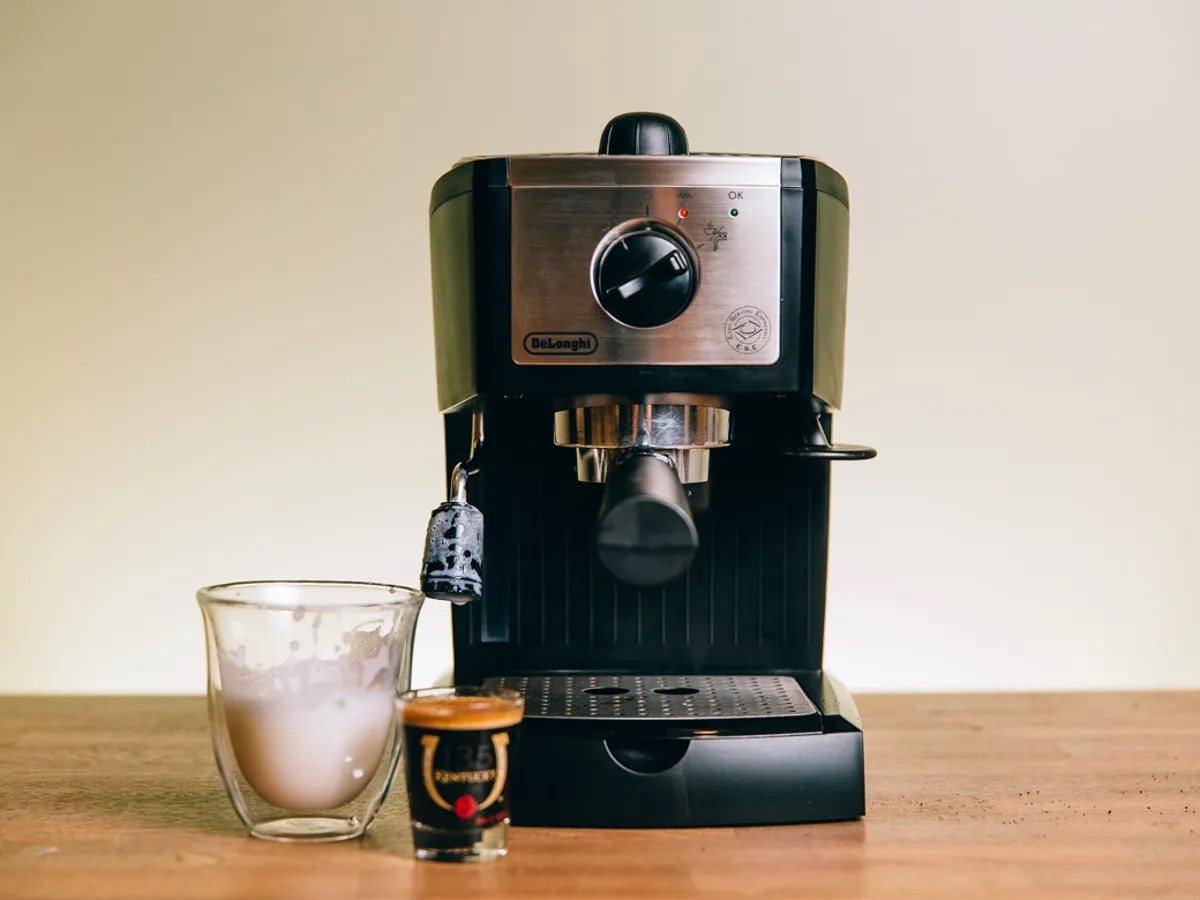
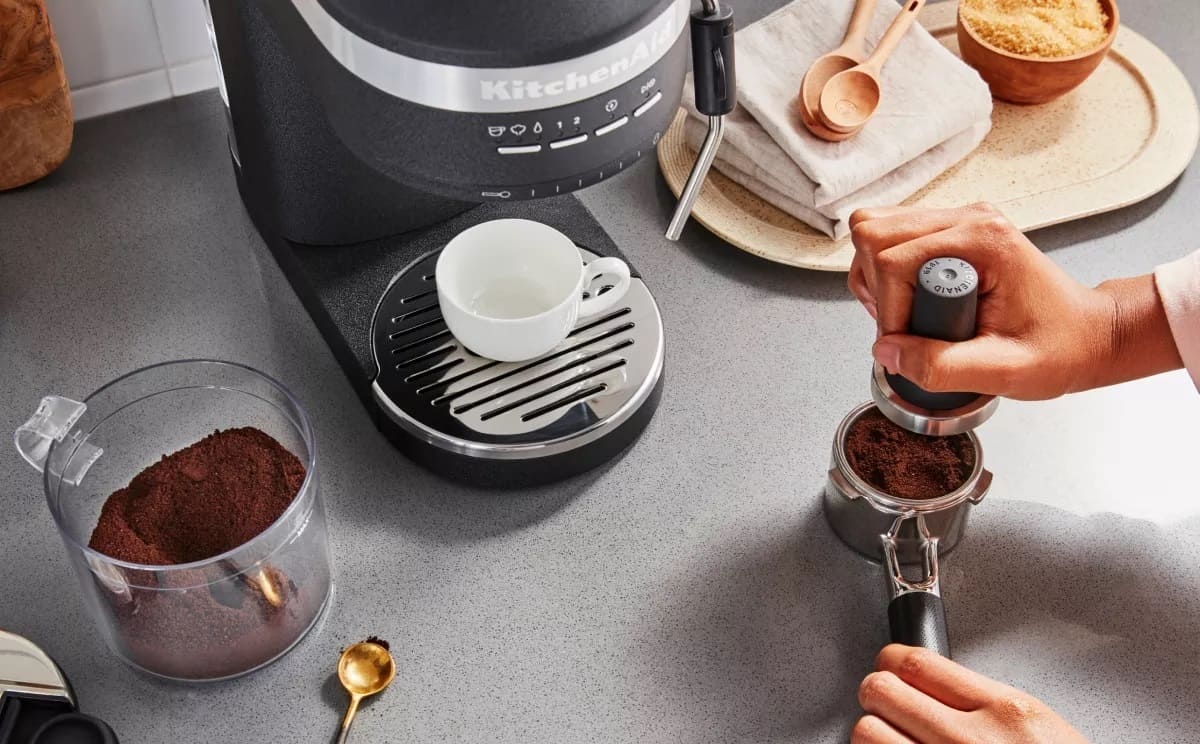
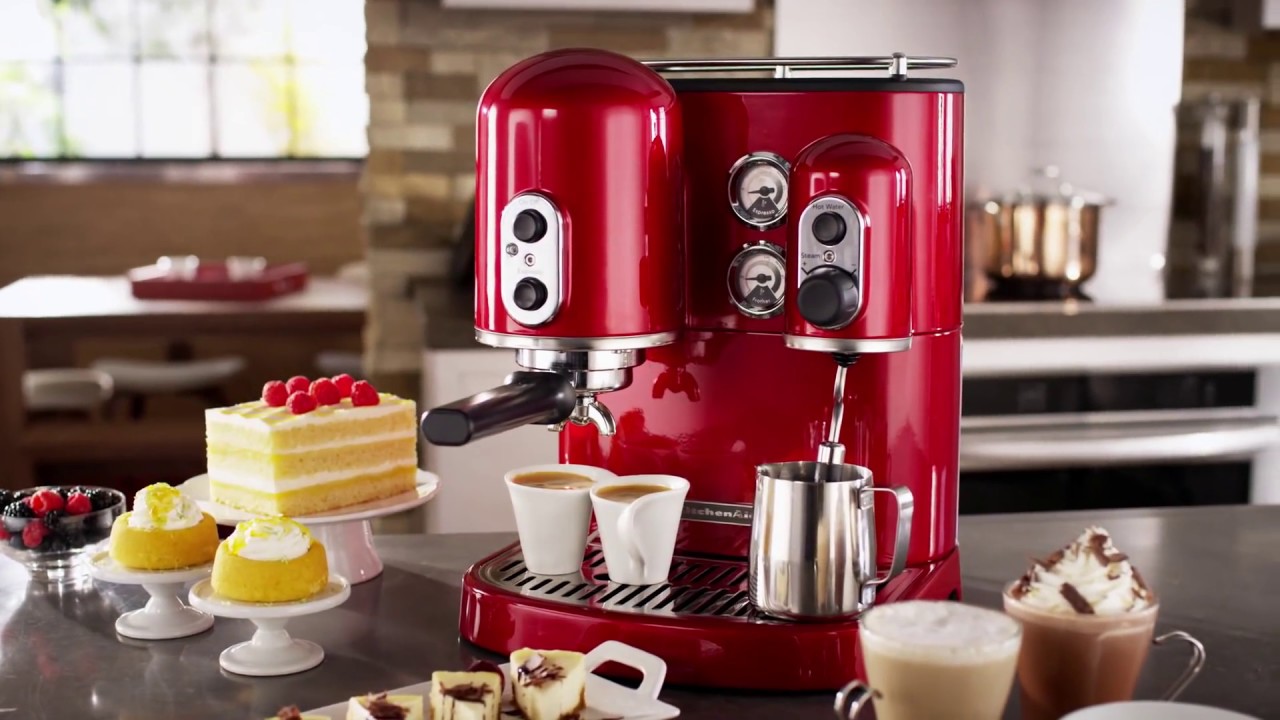
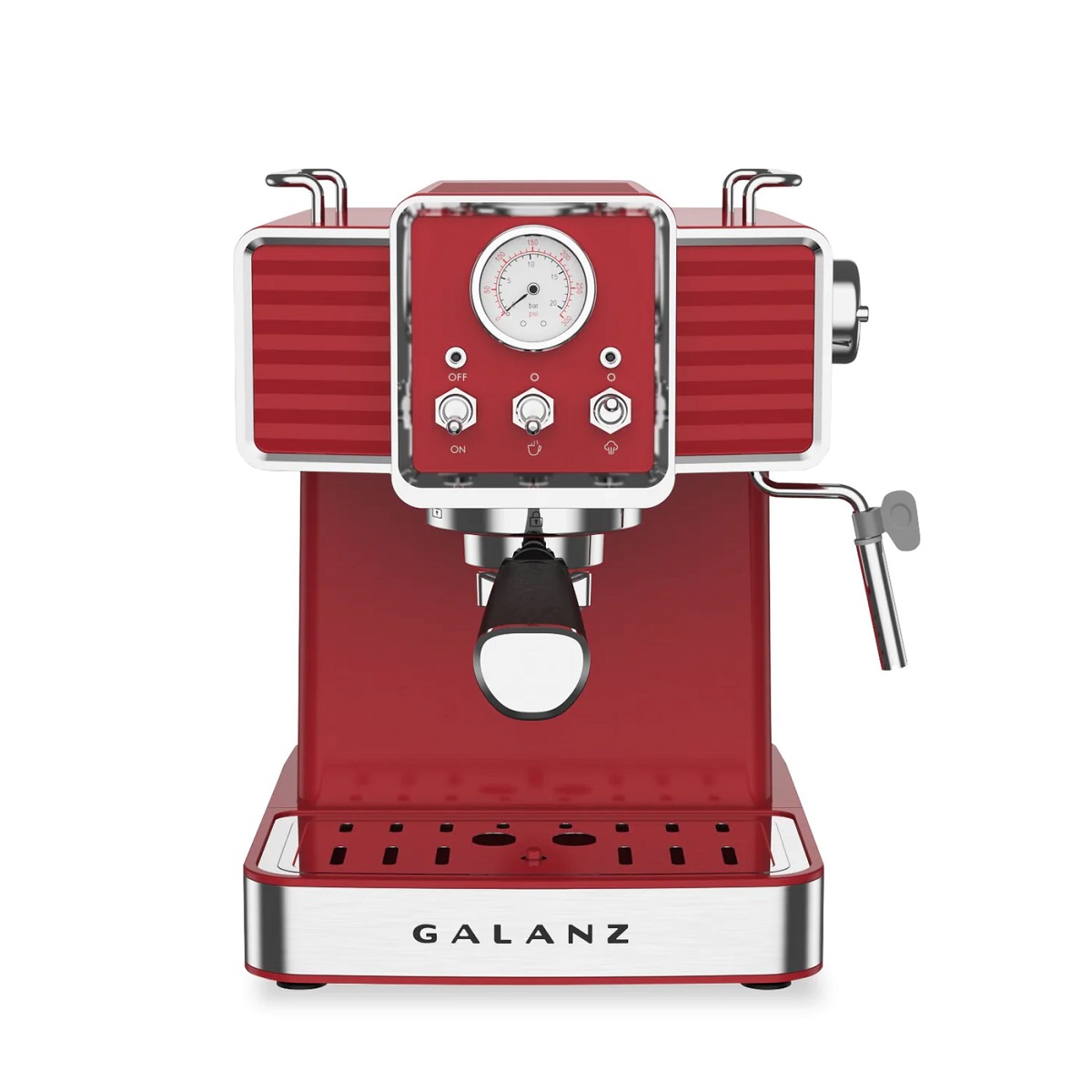
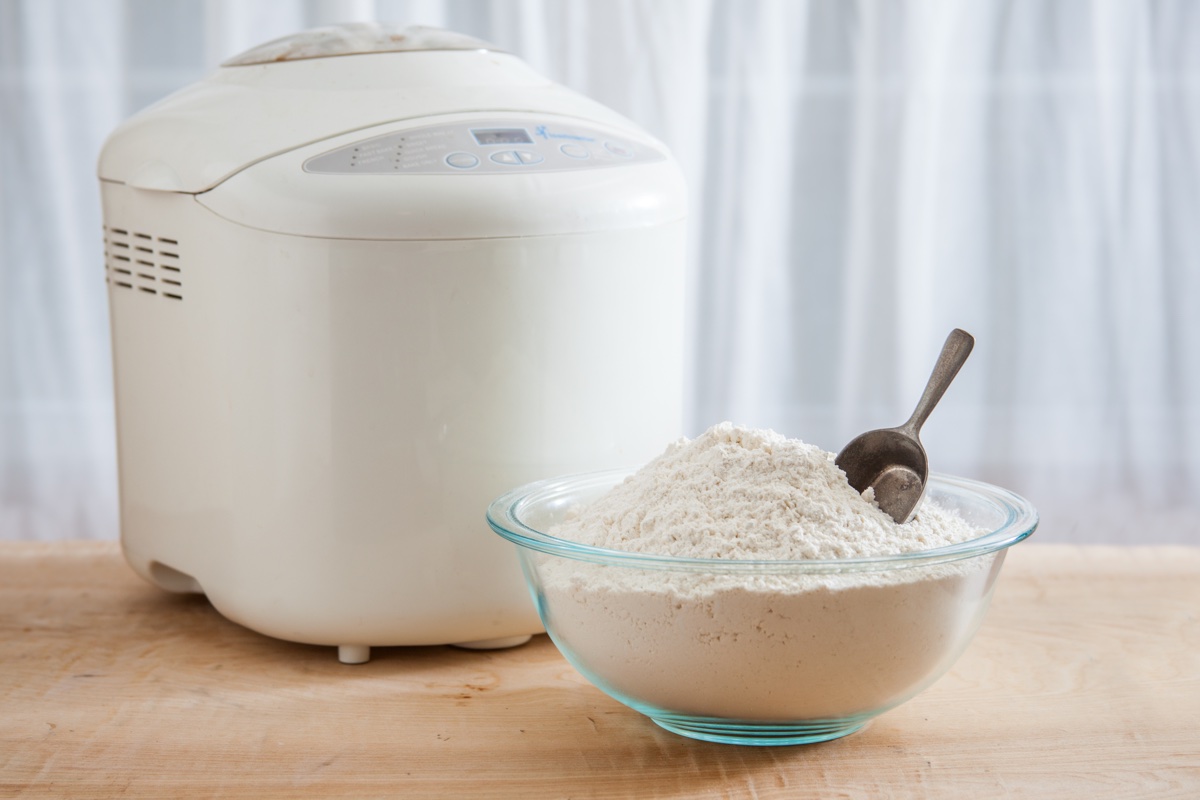
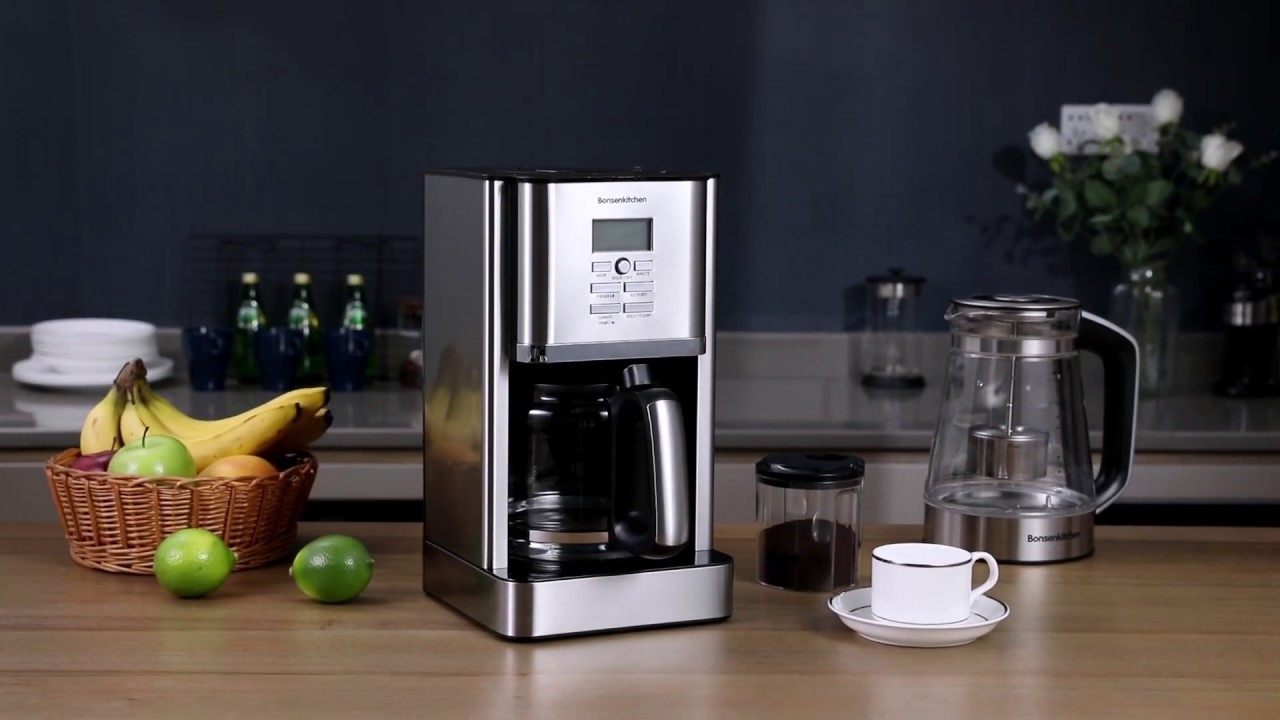
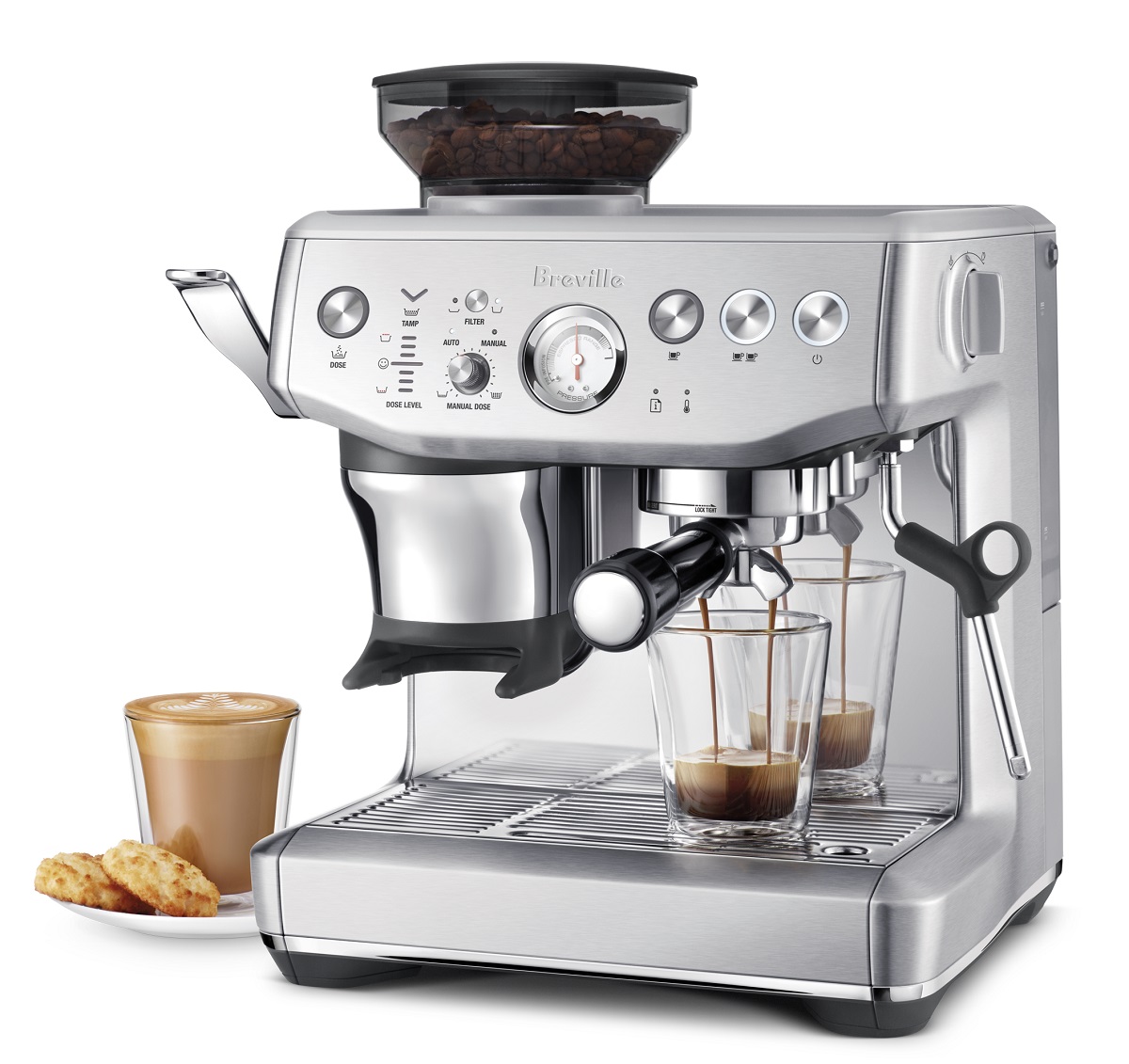
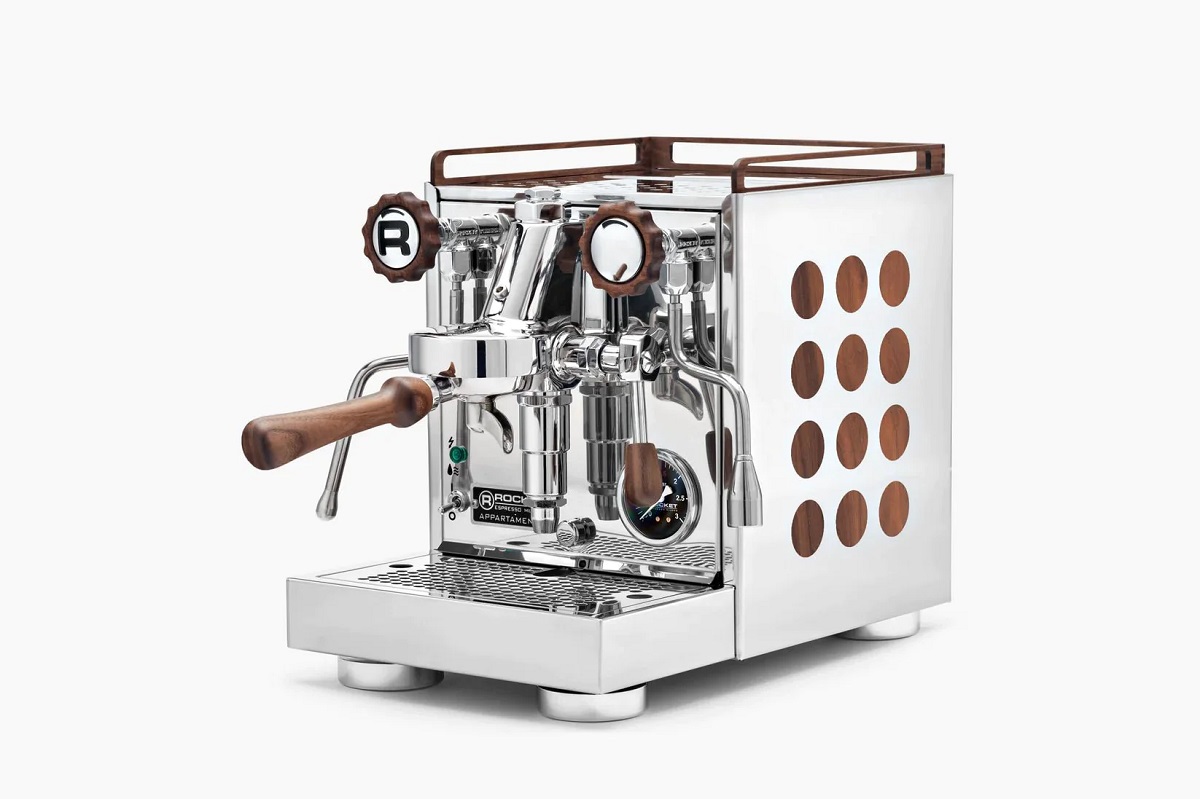
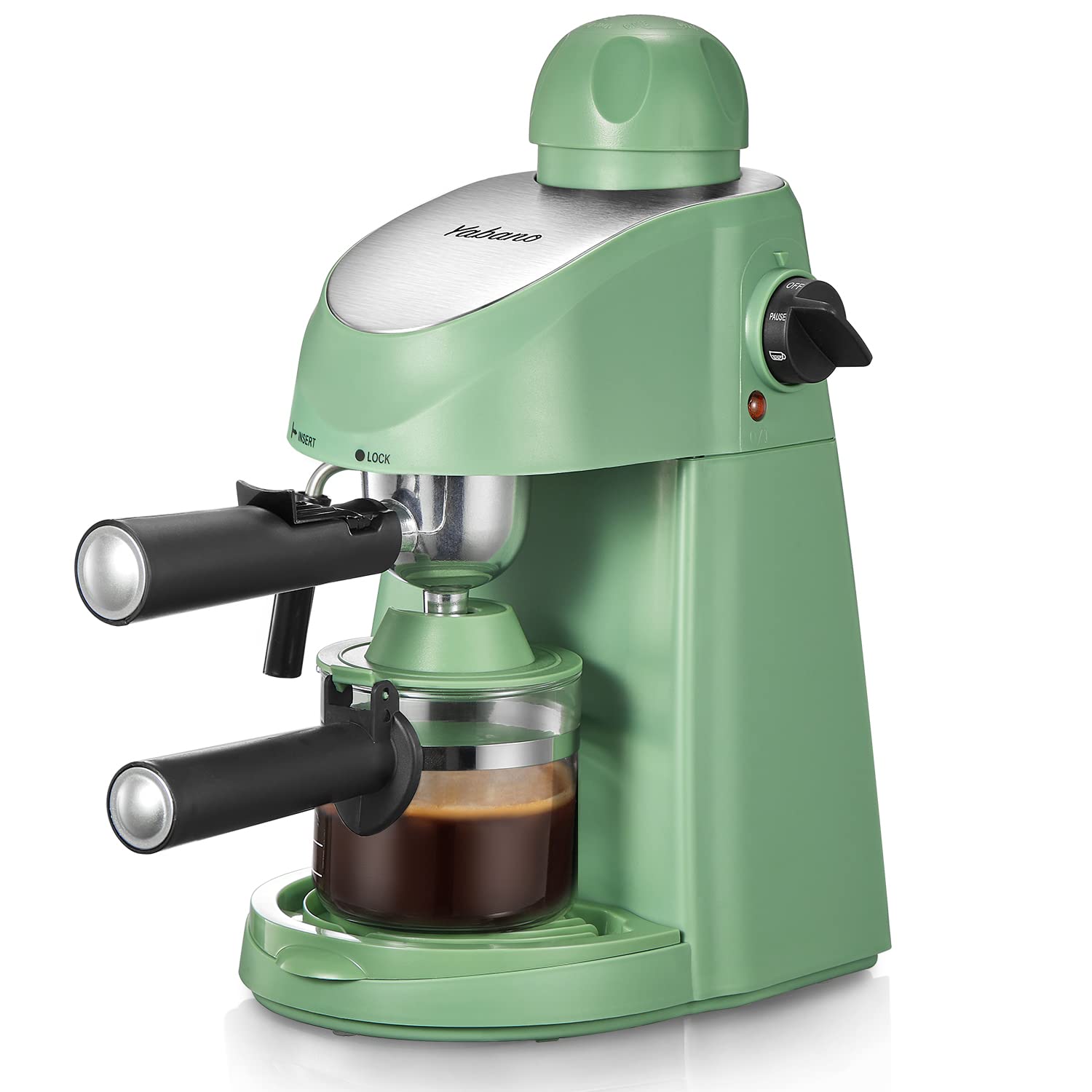
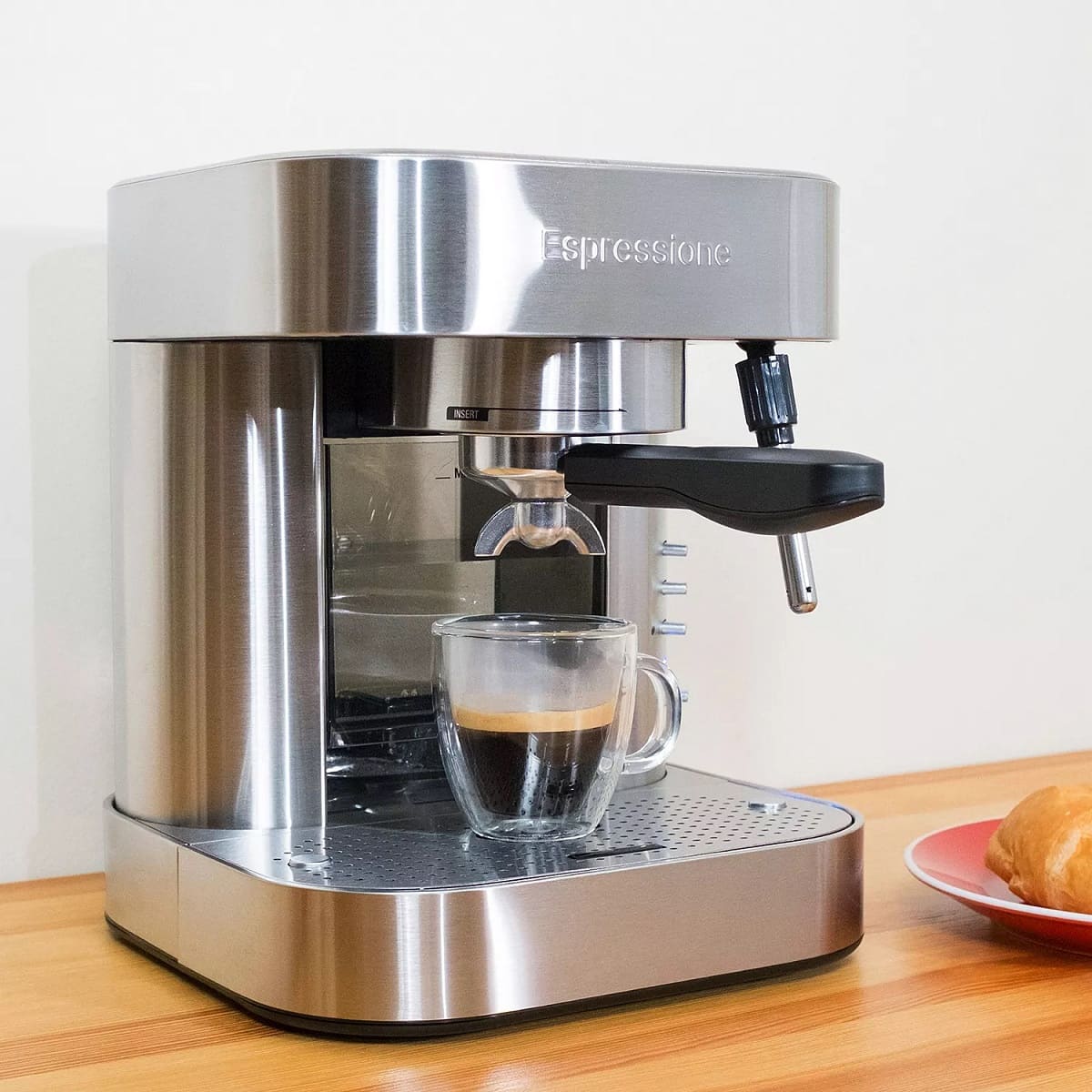
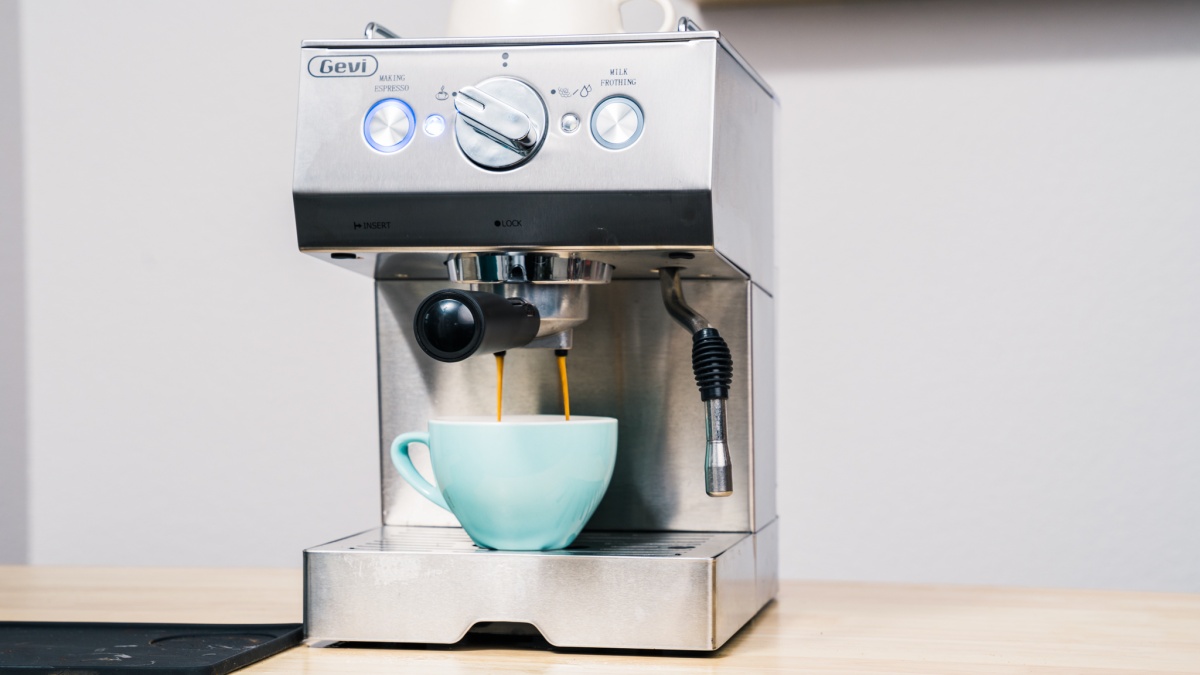
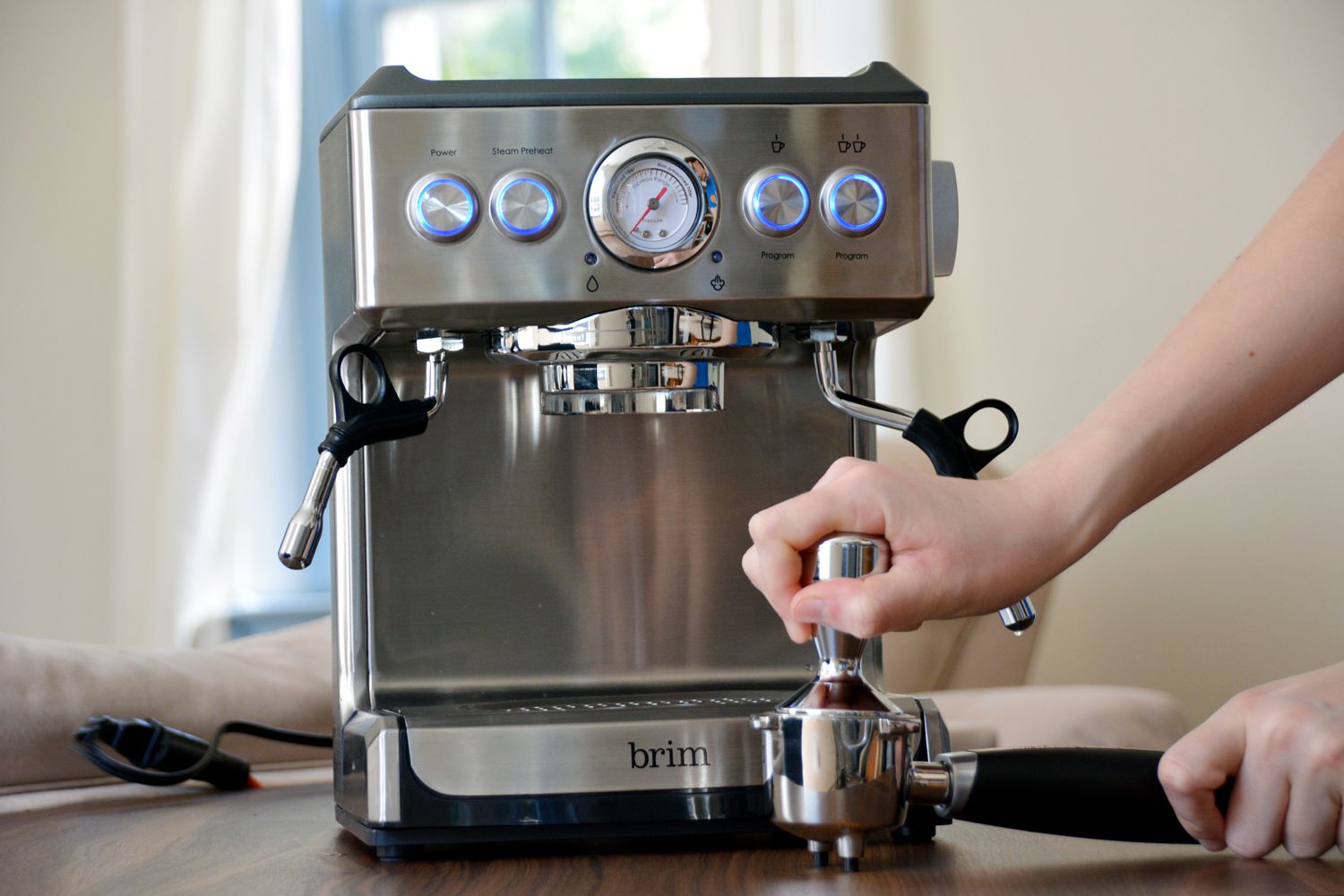


0 thoughts on “What Kind Of Water To Use In An Espresso Machine”